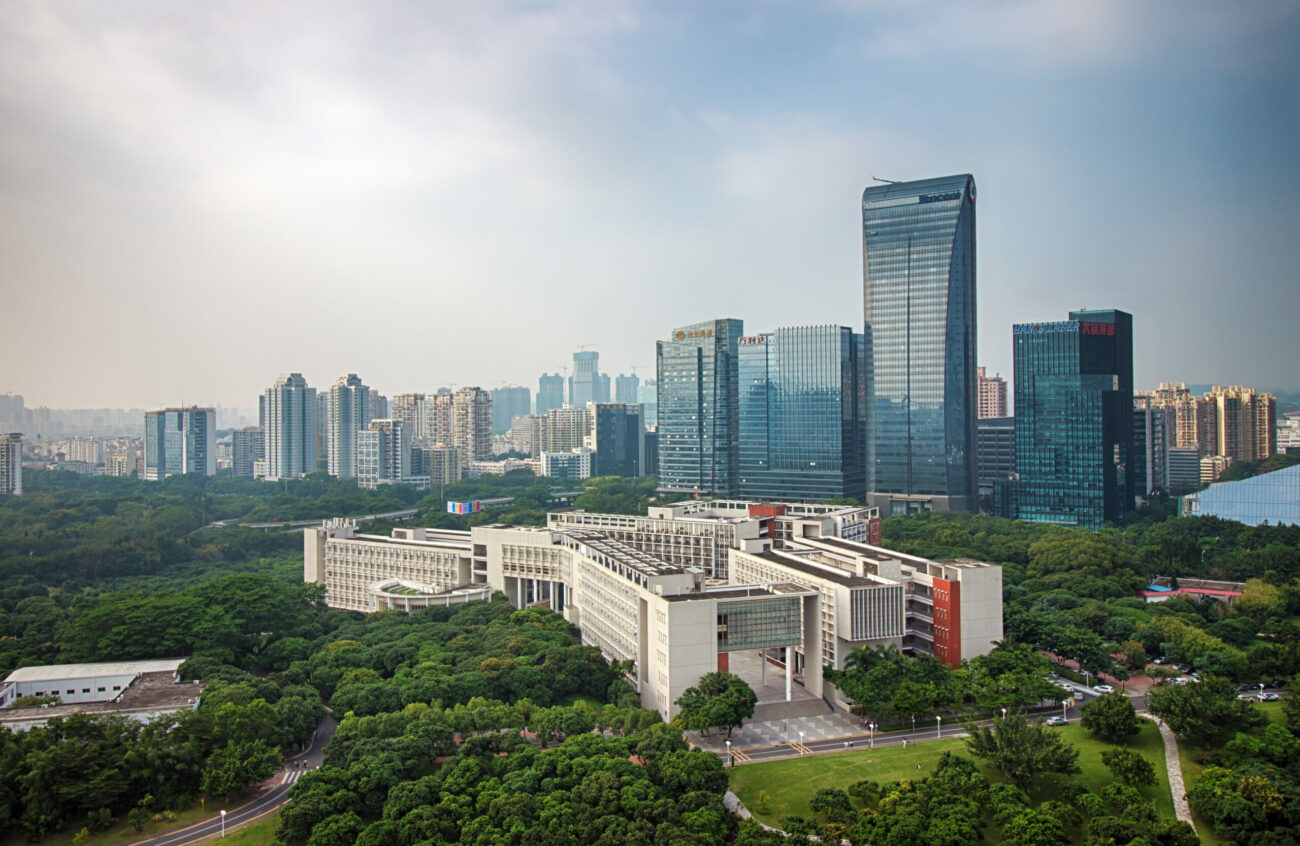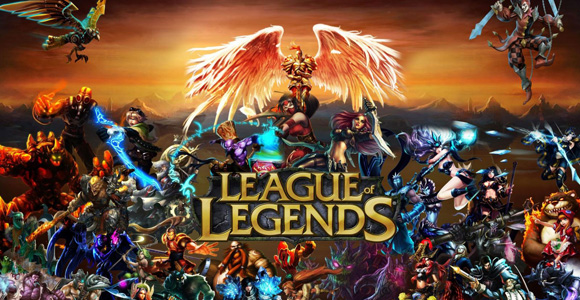Tencent Is the Biggest Gaming Company in the World—So, Why Have Many People Never Heard of It?
Buckle in.

As the most profitable gaming company in the world and one of the most “valuable” brands in the world, you’d think before opening this article you would’ve heard of Tencent multiple times before. After all, the company often makes yearly rankings for the top ten biggest companies in the world. And yet, they seem to be very under the radar for most video gamers in the United States. So, let’s dive into what you need to know.
What is Tencent?
Tencent is one of three internet and technology companies in China (alongside Alibaba and Daidu). And the area around Shenzhen where its based (across the border from Hong Kong) is often described as the “Silicon Valley of China.”
Within China, Tencent’s biggest influences come from QQ (music), YY (live streaming), and WeChat. WeChat boasts over a billion users and is a hub for many apps we use separately in the U.S. For example, people use the app for banking, social media, transportation (domestic and abroad), healthcare, and more. WeChat is considered an operating app (similar to Amazon) in which you can use other apps in it. The numbers vary greatly, but the average WeChat user in China spends two to four hours of screen time daily on the app.
In addition to big parts of the Chinese entertainment market (rivaling TikTok owned by Bytedance), more non-Chinese companies are bringing on Chinese investors. Unless you are partly owned by a Chinese company, it is very difficult to get into the Chinese market which accounts for roughly 1.4 billion people (a.k.a. 18% of the world’s population). For example, Tencent’s partnership with Nintendo was the Japanese company’s way into China. Also, many U.S. blockbusters are co-produced by Chinese companies. This has prompted some fears abroad concerning censorship.
What do they own outside of China?

Outside of China (which doesn’t count Hong Kong, Nepal, or Tawain), Tencent owns 100% of Funcom, LeYou, Riot Games (League of Legends), Sharkmob, Sumo Group, Turtle Rock Studios, Wake Up Interactive, Inflexion, and 1C Entertainment shares. It owns a majority shares of Klei Entertainment (Don’t Starve).
Tencent owns roughly 40% of Epic Games making it not a majority shareholder but second to CEO Tim Sweeney. The last of which includes its games (like Fortnite), Unreal Engine, and the Epic Games Store. Other companies they own some percentage of (but it’s not clear if it’s a minority or majority) include Discord, Ubisoft, Snapchat, Tesla, Reddit, Spotify, and Roblox Corporation.
Tencent also owned a minority stake in Activision Blizzard—until another tech giant (Microsoft) bought it. The fallout stemmed from a Houston Rocket’s coach (with the NBA available in China via Tencent) tweeting support for the Hong Kong protest—which rippled into crackdowns in other affiliated gaming spaces. For example, the Heartstone player Wai Chung showed support for the protests on a broadcast and Activision Blizzard suspended the player for one year.
Criticisms of Tencent
Just because they own parts of these companies, doesn’t make Tencent free from controversy regarding plagiarism. After Riot Games declined to make a mobile League of Legends game, (their parent company) Tencent developed mobile copy-cat titles (Honor of Kings and Arena of Valor) and even reached out to popular League players—thus confusing consumers.

One issue that comes up with Tencent (and other companies) is that it’s nearly impossible to separate many Chinese companies from the government’s surveillance (which is not to say that most American companies don’t operate in the same way, especially in a post 9-11/ post-Patriot Act world). As such, Tencent’s practices have sparked concerns regarding censorship and disinformation—from their handling of COVID-19, blatant (the aforementioned) theft, cheating antivirus tests, and some eerie promotion of Xi Jinping that would make Republicans jealous.
According to NPR, between December 2019 and May 2020, there were roughly 2,000 keywords related to the COVID-19 pandemic (including the name Li Wenliang) blocked on WeChat. Wenliang was the doctor who warned the world of the virus before succumbing to the virus himself. Even when the virus was declared a pandemic, the app blocked group names like the World Health Organization, Red Cross, and ‘outbreak’ in relation to other countries. And according to the BBC, its live-streaming platform, YY, blacklisted 45 keywords related to COVID-19 and criticism of the handling of the virus by leaders like President Xi Jinping.
On the “lighter end” for one second, PC Magazine reported that Tencent’s antivirus software cheated multiple tests. The company tweaked their program to cheat the actual test while leaving customers unprotected while using its product.
In a partnership with the Communist Party Propaganda Department, Tencent created a mobile “game” that challenged users to clap as much as they could for Xi after a speech. They’ve collaborated on several projects—which is possibly why this company has evaded anti-competitive crackdowns by the Chinese government. It’s troubling, though certainly a worldwide problem. This sort of money and influence in politics (including gamification to a degree) is similar to how Amazon and other whole industries (oil, etc.) can dodge meaningful regulation in the U.S. It’s hard to know what we, personally, can do about any of this, but at least knowing what’s happening behind the curtain is a start.
CORRECTION 5/25/2022: Error in noting that Tencent was the majority shareholder of Epic Games. They own almost 40% and the CEO of Epic Games owns about 50%.
(featured image: bingfengwu on Getty Images)
—The Mary Sue has a strict comment policy that forbids, but is not limited to, personal insults toward anyone, hate speech, and trolling.—
Have a tip we should know? [email protected]
